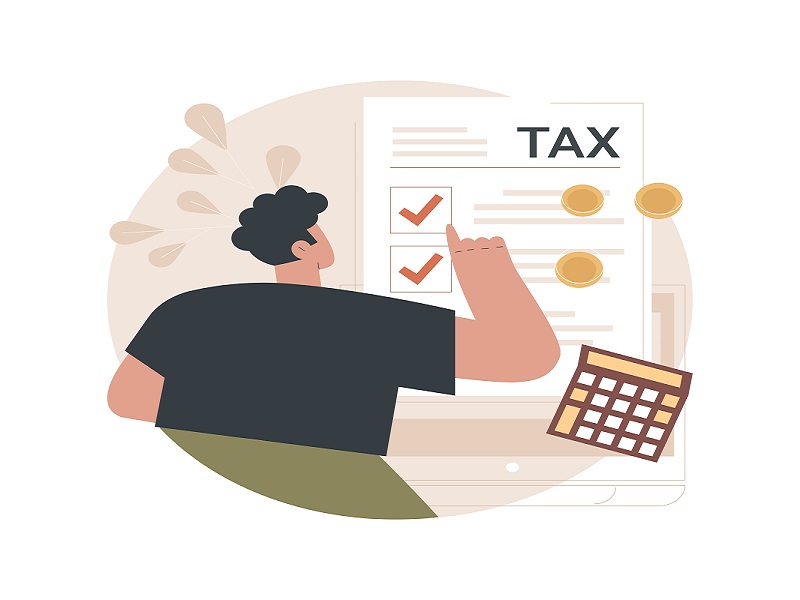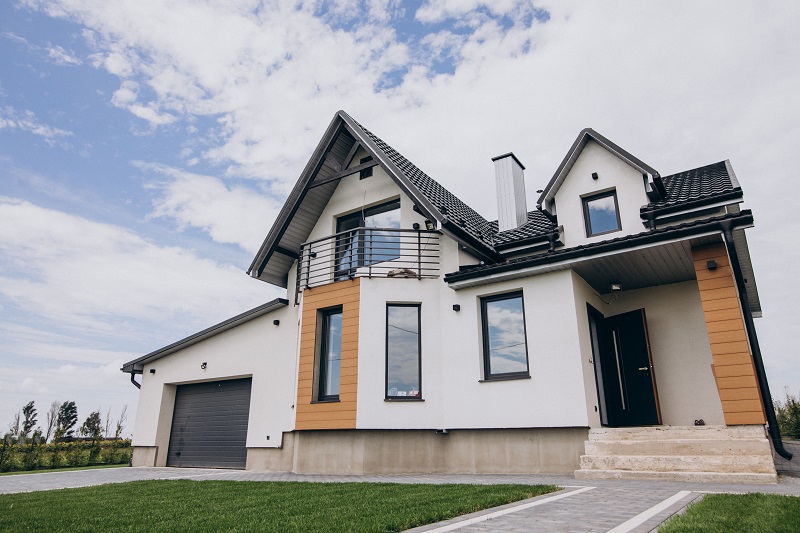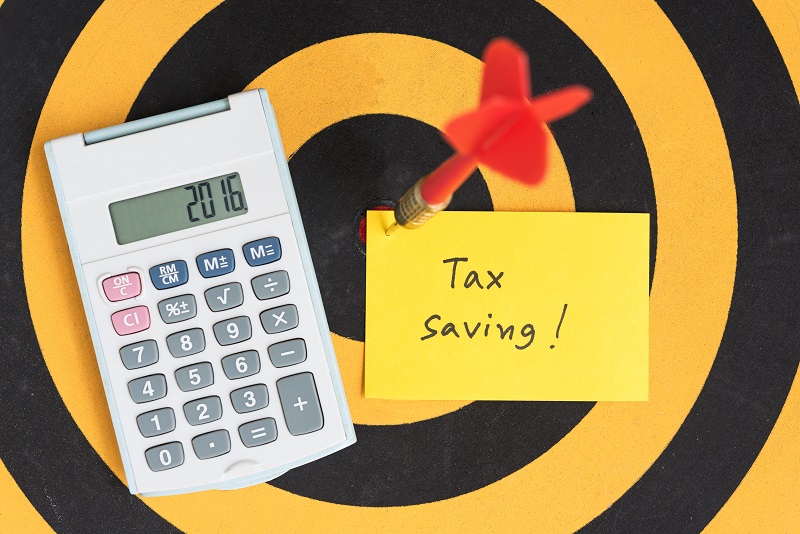The Buyt Desk
You can avail of tax deductions for your investments, insurance, medical expenditure, house loan, education loan, etc. However, you can enjoy these tax benefits after a good understanding of sections in the IT Act. You would have heard of Rs.1.5 lakhs rebate under section 80C. Here, read about the other tax-saving sections of the IT Act.
Section 80D
You can avail Rs.25,000 tax rebate for paying the health insurance premium for yourself, your spouse, or your children. Paying a health insurance premium for senior citizen parents gives you another Rs.50,000 tax rebate. Under the section, paying health insurance premiums can culminate in Rs.1 lakh tax rebate when you and your parents are both senior citizens.
If your senior citizen parents do not have health insurance, a tax rebate of Rs.50,000 against medical bills is possible.
Section 80DD and Section 80DDB
Under Section 80DD, medical expenses for a dependent who is differently abled receive a tax deduction. The amount of tax deduction depends on the severity of the disability. The maximum deduction for up to 40% disability can be Rs.75,000. However, severe disabilities (80% and more) have a tax rebate of a maximum of Rs.1.25 lakhs.
Under Section 80DDB, medical expenses for specific diseases like cancer receive a tax deduction. Refer to the Income Tax Act for the list of illnesses. You can claim the tax deduction for yourself and your dependents. The age of the ailing person decides the amount of tax deduction. For 60 years and above, the highest tax deduction is Rs.1 lakh. For those less than 60 years of age, the highest tax deduction is Rs.40,000. Siblings, parents, spouses, and children are dependents for both sections.
Section 80EEA and Section 80EEB
Introduced for AY 2020-21, section 80EEA extends the benefits of section 80EE for the first-time owners of affordable housing. Tax deduction for interest paid up to Rs.1.5 lakhs against a home loan is possible in a financial year. The total tax deduction can be Rs.3.5 lakhs. The carpet area of the house should not exceed 645 sq ft for metro cities and 968 sq ft for other cities and towns.
Section 80EEB, also introduced for AY 2020-21, offers a tax deduction for interest paid against vehicle loans for electric vehicles. Section EEB applies whether an electric vehicle is for personal or business use. Tax rebates can be maximum of Rs.1.5 lakhs in a financial year.
Section 80U
A differently-abled person can seek a tax rebate on medical expenses under section 80U. However, tax rebates can be availed under either section 80U or section 80DD. The deduction amount under section 80U is the same as under section 80DD.
Section 80G, 80GGA, and 80GGC
You can claim a tax deduction for a donation towards a Government approved fund under section 80G. Donations for rural development or scientific research can be deducted from the income under section 80GGA. Donations for political parties enjoy tax rebates under section 80GGC. In the three sections, tax deduction varies from 50% to 100% of the donation amount.
Section 80GG
A professional without HRA can claim a rebate against the rent under section 80GG. The maximum tax deduction can be Rs.60,000 in a financial year. You are ineligible for this tax rebate under two circumstances:
-
Living in a rented accommodation despite owning a house in the same city
-
Owning a house in another city and availing rebate under section 24 against interest paid for the home loan.







